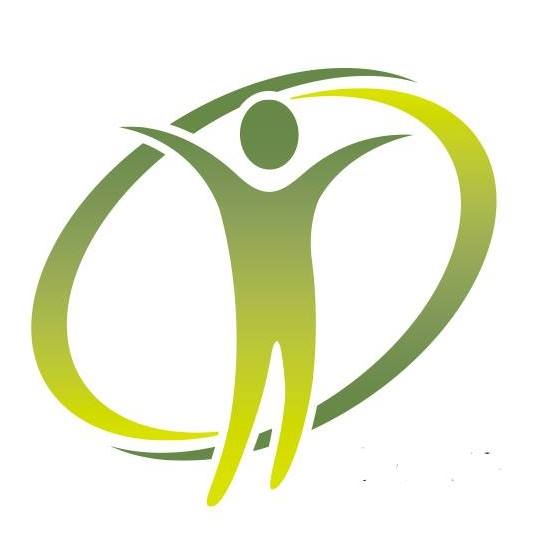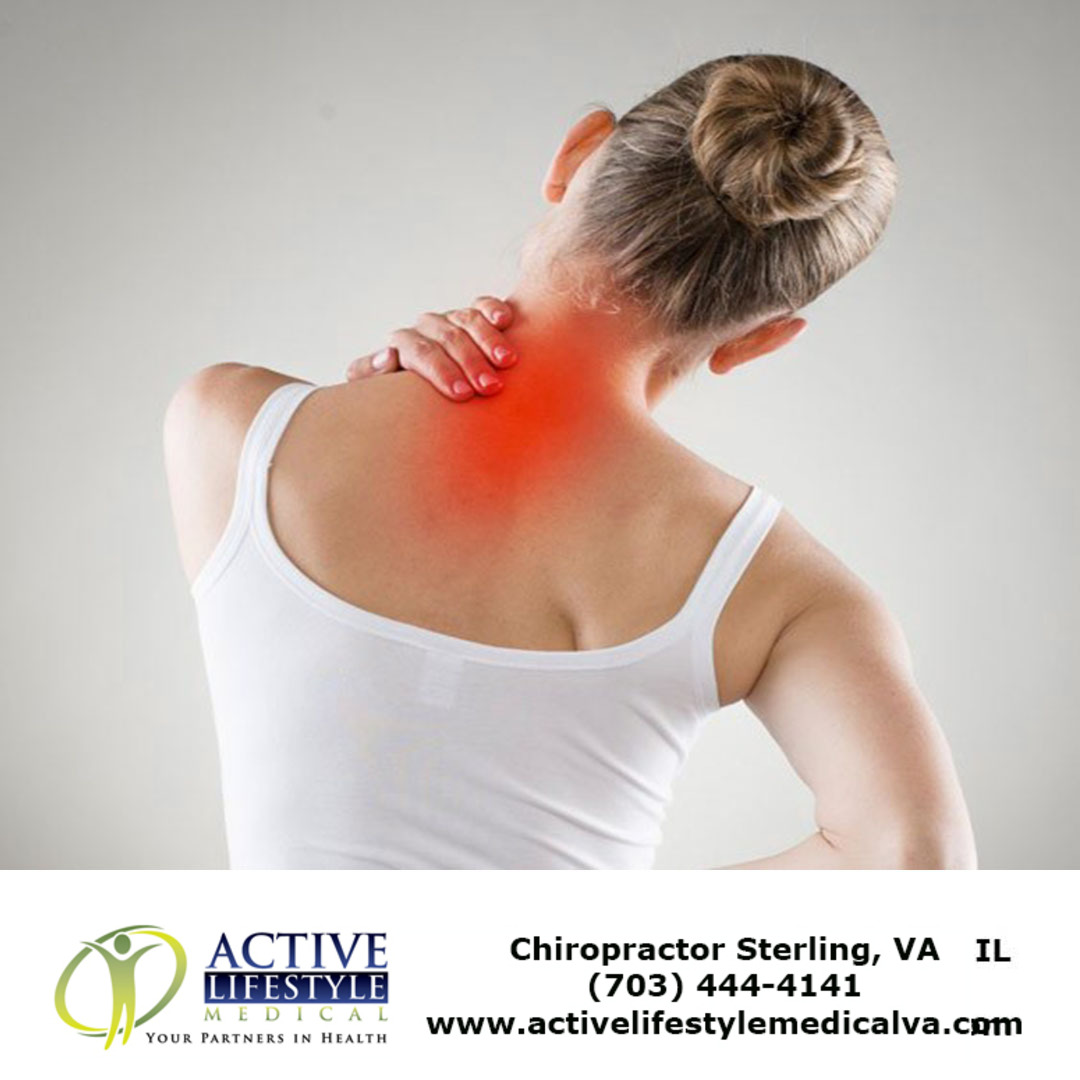Alternative medicine describes methods that aim to achieve the healing effects of traditional medicine, but that generally lack organic reliability, testability, repeatability, or supporting proof of performance. Such practices are generally not part of evidence-based medicine. Unlike modern medicine, which employs the scientific approach to check possible treatments using accountable and moral professional tests, producing repeatable evidence of either result or of no effect, different treatments reside outside of mainstream medicine and do not stem from using the scientific approach, yet rather count on testimonies, stories, religion, practice, superstitious notion, belief in mythological "powers", pseudoscience, errors in reasoning, propaganda, fraud, or various other unscientific resources. Often utilized terms for pertinent techniques are New Age medicine, pseudo-medicine, unorthodox medicine, holistic medication, fringe medicine, and unique medicine, with little difference from quackery. Some alternate techniques are based on theories that negate the established science of exactly how the body jobs; others appeal to the supernatural or superstitious notions to describe their result or absence thereof. In others, the practice has plausibility but does not have a positive danger–-- benefit end result likelihood. Study into alternative treatments commonly falls short to follow correct research procedures (such as placebo-controlled trials, blind experiments and computation of previous chance), providing void outcomes. History has shown that if a method is proven to function, it at some point discontinues to be different and ends up being conventional medicine. Much of the viewed result of an alternative method emerges from a belief that it will certainly be effective, the placebo result, or from the cured condition solving on its own (the all-natural training course of condition). This is additional aggravated by the propensity to turn to alternative treatments upon the failing of medication, whereupon the condition will certainly be at its worst and most likely to automatically improve. In the lack of this predisposition, especially for illness that are not expected to improve by themselves such as cancer cells or HIV infection, multiple studies have shown substantially even worse outcomes if individuals transform to alternate therapies. While this might be since these individuals stay clear of effective treatment, some different therapies are proactively unsafe (e. g. cyanide poisoning from amygdalin, or the intentional consumption of hydrogen peroxide) or proactively disrupt reliable treatments. The alternative medicine market is a very profitable industry with a strong lobby, and deals with far much less law over the use and advertising of unproven therapies. Complementary medicine (CENTIMETERS), complementary and alternative medicine (CAM), integrated medicine or integrative medicine (IM), and all natural medicine attempt to integrate alternate practices with those of mainstream medication. Typical medication methods end up being "alternate" when made use of outside their initial setups and without correct scientific explanation and evidence. Alternative approaches are frequently marketed as more "natural" or "all natural" than methods offered by medical scientific research, that is occasionally derogatorily called "Huge Pharma" by fans of natural medicine. Billions of dollars have been spent examining alternative medicine, with couple of or no positive results and several methods thoroughly disproven.
.



